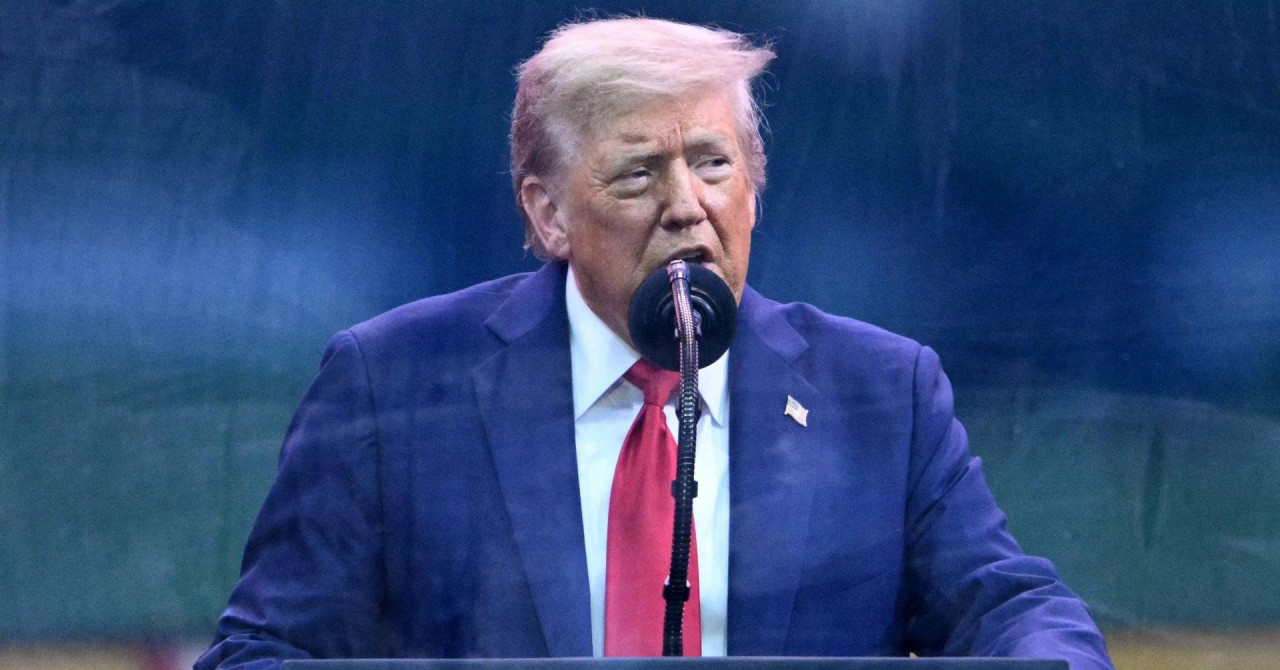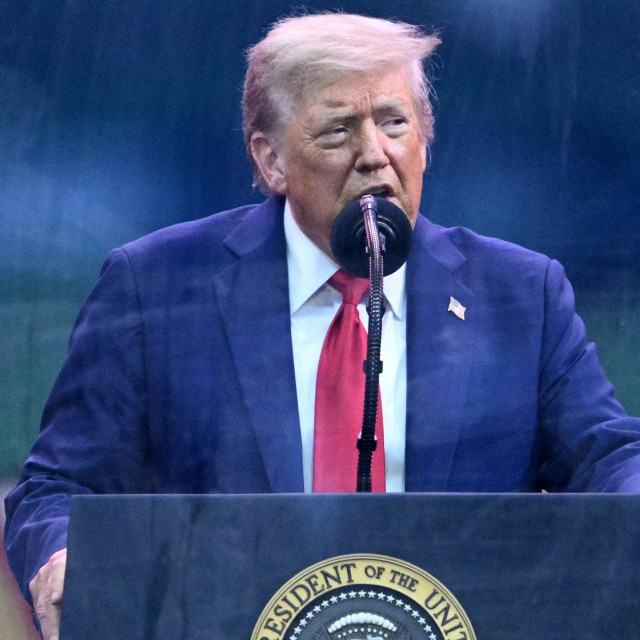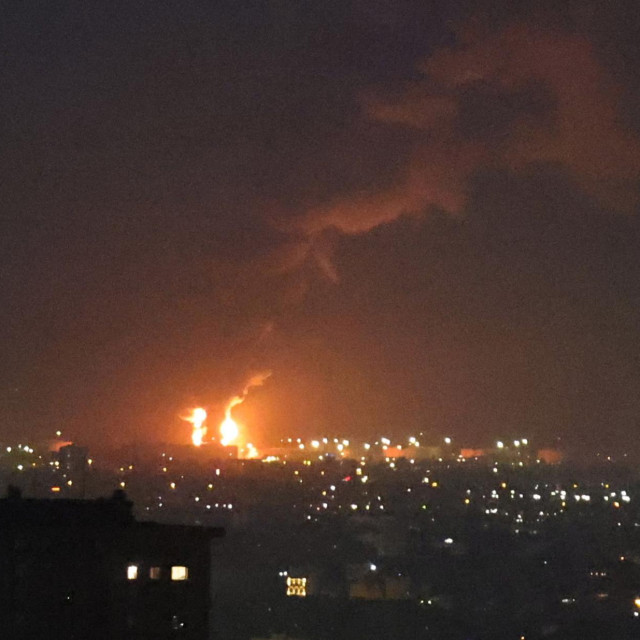Former U.S. President Donald Trump has threatened to respond with the full might of the American armed forces to any Iranian attack. Trump stated on the social media platform Truth Social that the U.S. has no involvement in the current Iranian attacks but will respond with unprecedented force if attacked. The conflict between Iran and Israel has escalated with rocket exchanges, with Israel striking targets in Tehran, including nuclear facilities. Iran has announced it will continue attacks and expand the conflict to U.S. bases in the region. Israel claims its actions are crucial to preventing Iran from developing nuclear weapons, while Iran insists its nuclear program is peaceful. This situation raises concerns about the potential expansion of the conflict in the region.
Political Perspectives:
Left: Left-leaning outlets emphasize the dangers of escalating military conflict and the risks of war in the Middle East. They often highlight the human cost, criticize aggressive rhetoric, and call for diplomatic solutions rather than military escalation. They may also question the motives behind U.S. involvement and stress the importance of peaceful negotiations.
Center: Centrist sources tend to report the facts of the conflict and statements from all sides with a balanced tone. They focus on the developments in the conflict, the official statements from Trump, Iran, and Israel, and the potential regional implications without strong editorializing. They emphasize the complexity of the situation and the need for careful monitoring.
Right: Right-leaning media often emphasize the strength and resolve of the U.S. and Israel in confronting Iranian aggression. They highlight Trump’s strong stance and military threats as necessary for national security and regional stability. They may portray Iran as the aggressor and stress the importance of preventing Iran from acquiring nuclear weapons.



